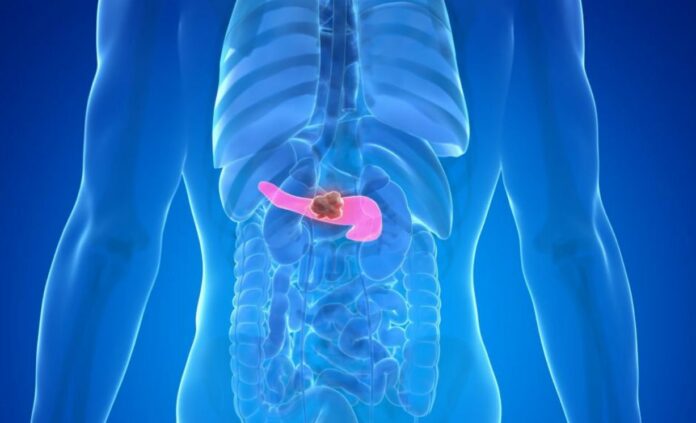Many people are diagnosed late because the first signs of the disease are often vague, which makes it hard to spot early on.
The new study discussed today at UEG Week 2022 shows that CT and MRI scans are missing pancreatic cancer tumors, making it harder to save lives with surgery.
At UEG Week 2022, new research was presented showing that CT and MRI scans are missing pancreatic cancer tumors, shortening the window for potentially curative surgery.
The study examined cases of post-imaging pancreatic cancer (PIPC), which occur when a patient has imaging that misses the diagnosis of pancreatic cancer but subsequently receives the diagnosis.
Over a third (36%) of PIPC cases were found to be possibly preventable, showing a low detection rate for malignancy with worrisome patient outcomes.
600 patients who were diagnosed with pancreatic cancer between 2016 and 2021 were the subject of a UK study. Of those, 46 (7.7%) individuals later received a pancreatic cancer diagnosis between three and 18 months after their first scan failed to detect their malignancy.
Radiologists independently analyzed CT and MRI images to create an algorithm to classify missed instances and determine the most likely cause of their missing.
“There is often only a very short period for curative surgery in pancreatic cancer,” comments lead author Dr. Nosheen Umar, “meaning it is vital that patients are diagnosed with the disease as early as possible to give them the best chance of survival.”
The findings showed “that evidence of pancreatic cancer was initially missed in over a third of patients with post imaging pancreatic cancers, which is a huge window of lost opportunity.”
A specialist hepatobiliary radiologist looked at scans of PIPC patients and found that almost half (48%) of them had signs of cancer that had been missed.
Imaging indicators of pancreatic cancer, such as dilated bile or pancreatic ducts, went unnoticed and uninvestigated in 28% of PIPC patients.
“We hope this study will raise awareness of the issue of post imaging pancreatic cancer and common reasons why pancreatic cancer can be initially missed,” adds the lead author. “This will help to standardize future studies of this issue and guide quality improvements efforts, so we can increase the likelihood of an early diagnosis of pancreatic cancer, increase the chances of patient survival and, ultimately, save lives.”
Every year, pancreatic cancer kills 95,000 people in the EU. It has the lowest survival rate of all cancers in Europe, and when it is found, a person has only 4.6 months to live. According to projections, pancreatic cancer cases will increase by about 40% by 2035.
Many people are diagnosed late because the first signs of the disease are often vague, which makes it hard to spot early on.
Jaundice, back and stomach pain, unexpected weight loss, and nausea are a few symptoms that can occur.
Implementing screening for early diagnosis is extremely difficult due to the disease’s complexity.
Image Credit: Getty
You were reading: Common Reasons Pancreatic Cancer Can Be Initially Missed, According To New Study
